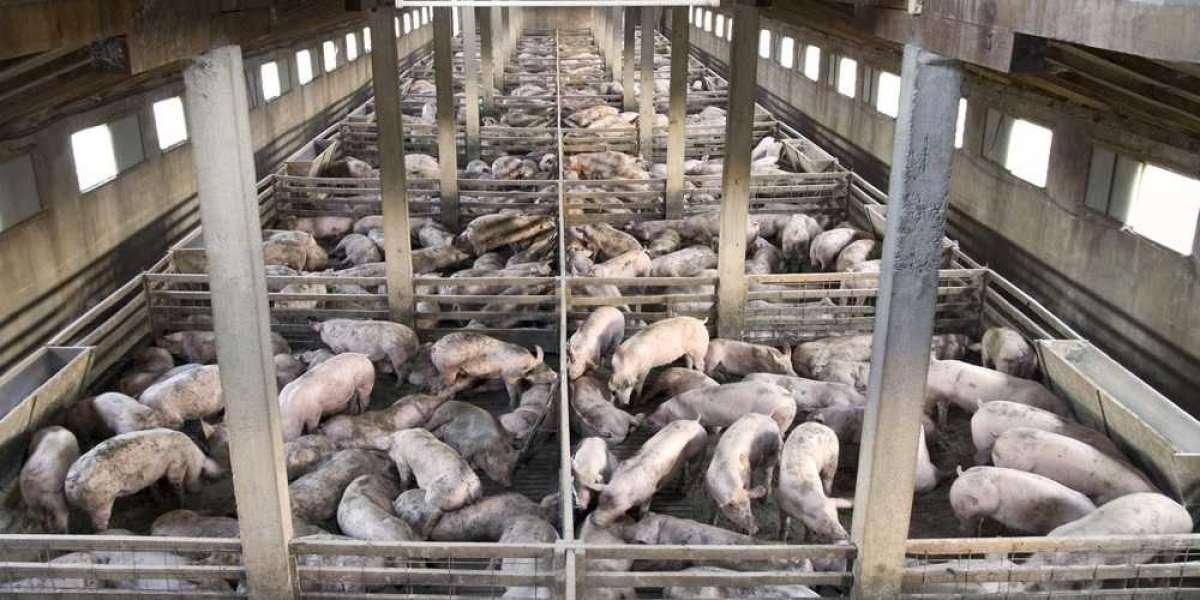Factory farming cruelty is an issue that demands our attention now more than ever. As consumers, we often remain unaware of the harsh realities hidden behind the neatly packaged meats we purchase from supermarkets. However, the truth behind factory farming cruelty is far from palatable.
In the pursuit of profit and efficiency, factory farms have created environments that prioritize quantity over quality of life for animals. Factory farming cruelty encompasses a range of practices that prioritize maximizing production at the expense of animal welfare. From overcrowded and unsanitary living conditions to the use of growth hormones and antibiotics, animals raised in factory farms endure immense suffering throughout their lives.
One of the most concerning aspects of factory farming cruelty is the confinement of animals in small, cramped spaces. Pigs, chickens, and cows are often confined to tiny cages or pens, unable to engage in natural behaviors such as roaming freely or socializing with others of their kind. This lack of space not only causes physical discomfort but also leads to stress and psychological distress for the animals.
Furthermore, factory farms routinely subject animals to painful procedures such as debeaking, tail docking, and castration without anesthesia. These practices are carried out solely to make the animals more manageable within the confines of the factory farm system, disregarding their capacity to experience pain and suffering.
In addition to the physical and emotional toll on the animals, factory farming cruelty also has detrimental effects on the environment and human health. The overuse of antibiotics in factory farms contributes to the rise of antibiotic-resistant bacteria, posing a significant threat to public health. Moreover, the large-scale production of animal waste leads to pollution of land, water, and air, harming ecosystems and communities nearby.
As consumers, we have the power to drive change by making informed choices about the food we eat. By opting for products that come from ethical and sustainable sources, we can help reduce the demand for factory-farmed meat and encourage more humane farming practices.
Government regulations and industry standards must also be strengthened to ensure the protection of animal welfare in farming operations. It is imperative that we hold factory farms accountable for their treatment of animals and push for greater transparency in the food industry.
In conclusion, factory farming cruelty is a pressing issue that demands immediate attention and action. By raising awareness, advocating for change, and making conscious choices as consumers, we can work towards creating a more compassionate and sustainable food system for all.













